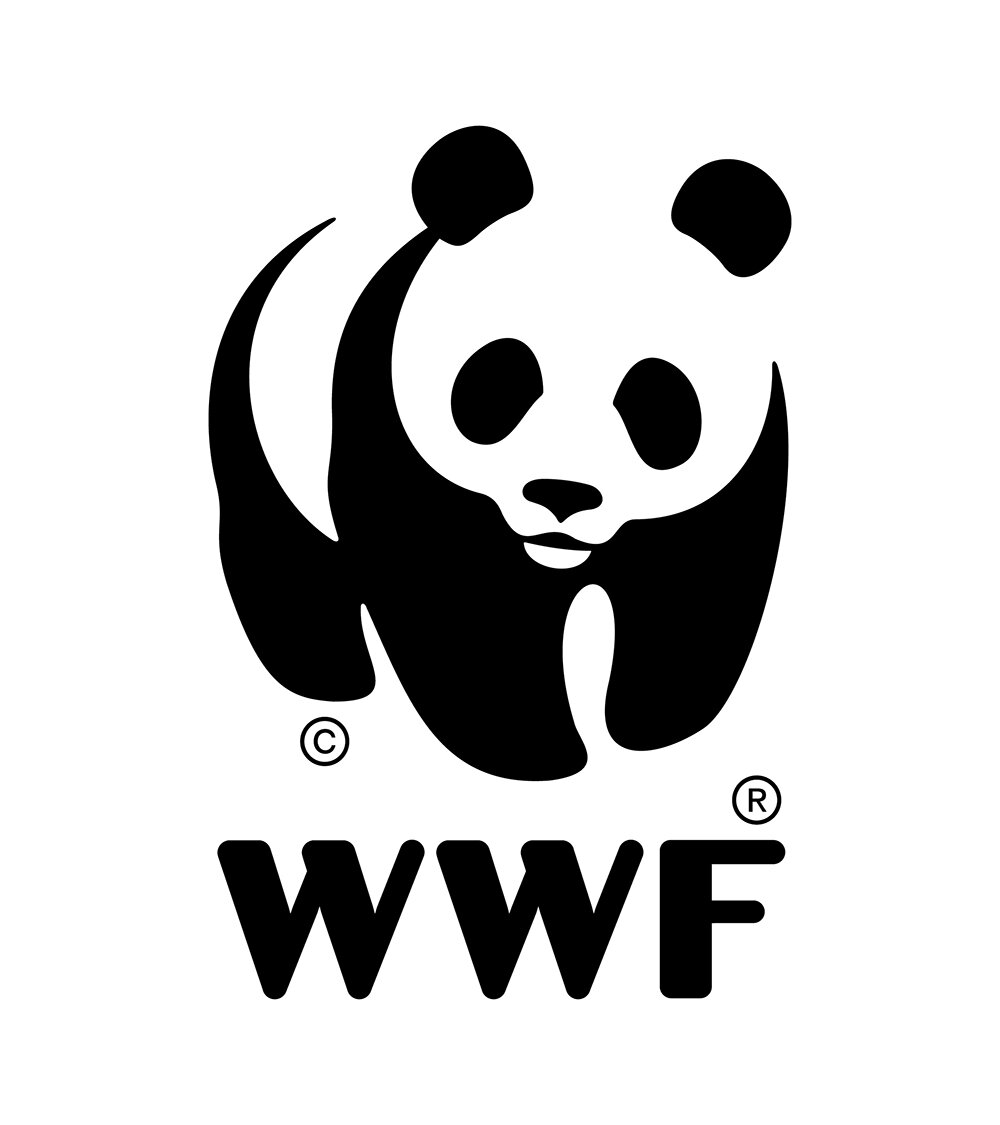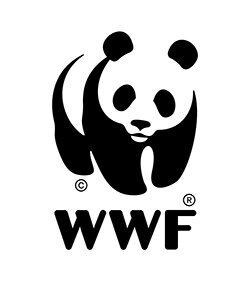UN Ocean Conference puts ‘wind in the sails’ of ocean action
13 June 2025
WWF’s Blue Panda boat docked in Nice, France, where the Third UN Ocean Conference took place on 9-13 June, 2025. © WWF
As the third UN Ocean Conference draws to a close, WWF is encouraged by the commitments made in a number of areas, but warns that the measure of success will be in delivery.
NICE, France (13 June 2025): The third UN Ocean Conference has seen governments advance international commitments to conserve and sustainably use the ocean. However, as the ocean and coastal communities face critical threats from overfishing, climate change and pollution, WWF urges leaders to ensure they maintain the momentum created in Nice.
With around 60 heads of state and government travelling to the port city, the world’s ocean has received unprecedented attention. During the summit, 19 further countries ratified the High Seas Treaty bringing the total to 51 parties (50 countries plus the EU) – closer to the threshold of 60 required for it to enter into force, allowing for the establishment of high seas protected areas.
The treaty is necessary to implement the Global Biodiversity Framework, which commits countries to protect and conserve at least 30% of the ocean by 2030 (30x30). Marine protected area (MPA) commitments by countries at UNOC*, once implemented, would increase protection of the ocean from around 8% to more than 10% worldwide. With only five years remaining until 2030, further action and investment is needed to accelerate progress towards 30x30 and to ensure MPAs are effectively managed and protected from destructive activities.
A number of welcome financial commitments were unveiled in Nice. However, substantial additional funding will be needed to meet the estimated $175 billion required annually to meet Sustainable Development Goal 14 by 2030 and to support solutions led by the Indigenous Peoples and local communities who depend on the ocean and are key stewards of its biodiversity.
Kirsten Schuijt, Director General, WWF International, said:
“The third UN Ocean Conference has put wind into the sails of ocean conservation as world leaders have focused unprecedented attention on conserving and sustainably using the ocean. There have been a number of welcome commitments made in Nice, but the world will not meet its 2030 nature and climate goals unless this momentum is maintained. The situation is desperate for our ocean and it’s only by all working together in partnership with coastal communities that we can deliver a healthy and resilient ocean for all.”
On fisheries, more than 100 countries have now ratified the WTO Fisheries Subsidies Agreement to curb the most egregious subsidies – such as for illegal fishing, overfished stocks, and unregulated high seas fisheries. With fewer than ten ratifications needed for the agreement to enter into force, WWF encourages the remaining states to commit as soon as possible.
More than 90 countries, led by France, expressed their support for a legally binding global plastic pollution treaty during the conference – a welcome signal of global cooperation, but still just the bare minimum of what’s needed ahead of the INC 5.2 negotiations in August. After the previous set of negotiations failed in December, states should use all necessary tools to overcome further delays and deliver the treaty they promised.
In Nice, four additional states joined a call for a precautionary pause or moratorium on deep seabed mining, bringing the total to 37 states. This demonstrates that more governments and businesses are recognising that a moratorium is needed until the science is in place and the effective protection of the marine environment can be guaranteed.
The conference resulted in various initiatives on ocean-based climate solutions, while eleven countries united with partners including WWF to protect climate-resilient coral reefs. But these solutions will only succeed if the root causes of climate change are addressed.
Pepe Clarke, Oceans Practice Leader, WWF International, said:
“From new marine protections to progress on the High Seas Treaty, this conference has delivered vital new momentum for ocean conservation. But unless we tackle the climate crisis head-on and move beyond fossil fuels, marine ecosystems will continue to unravel. The ocean is sending distress signals—we must act before they become irreversible. Let’s maintain the impetus generated in Nice to ensure the UN COP30 climate conference in Belém accelerates action to phase out fossil fuels and restore carbon rich ecosystems.”
Major progress to protect pivotal ocean species was achieved at UNOC with the launch of the Global Coalition to Halt the Extinction of Threatened Sharks and Rays, led by the French government. Sharks and rays are essential for a healthy marine environment, yet over a third are threatened with extinction, largely due to overfishing.
Véronique Andrieux, Director General, WWF France, said:
“Hosting the UN Ocean Conference in Nice has put France at the heart of action for the future of the oceans. We welcome the major advances made this week, but the urgency is real. The ocean is our best ally in the face of the climate crisis, yet it is on the front line of the impacts we are struggling to stem.
“As the world's second-largest maritime power, France must continue to play a leading role in ensuring that the commitments made in Nice are respected, by relying on science, on the voice of Indigenous Peoples and local communities, and by putting an end to destructive activities. Together, we must make this conference a turning point. There can be no sustainable future without a healthy ocean.”
ENDS
Notes to Editors
*There were a number of MPA commitments at UNOC, with French Polynesia unveiling plans to establish the world’s largest MPA with 20% in strict protection and the Australian government committing to declare 30% of its ocean “highly protected” by 2030. There were also new MPA commitments and designations from Samoa, Colombia, Tanzania, Sao Tome & Principe and the Solomon Islands, while Greece intends to create two new national marine parks.
The third United Nations Ocean Conference (UNOC3) has been taking place in Nice from 9-13 June 2025. The conference has been focusing on “accelerating action and mobilizing all actors to conserve and sustainably use the ocean” and supports the implementation of Sustainable Development Goal 14, life below water. It has brought together UN member states, local authorities, civil society, the private sector, the scientific community, Indigenous Peoples and local communities.
WWF’s policy brief Team Ocean Playbook contains 20 recommendations for halting and reversing the loss of nature in the ocean in a fair and equitable way. The Playbook urges collaboration across borders, sectors, and communities to deliver the ocean action needed to meet the 2030 milestones under UN Sustainable Development Goals, the Global Biodiversity Framework and the Paris Agreement.
As part of WWF’s work with Indigenous Peoples, small-scale fishers and coastal communities, WWF, IUCN and other partners have launched A Call To Action to Support and Safeguard Ocean Defenders, calling on governments to ensure ocean governance is grounded in a recognition of human rights, including the right to a healthy ocean.
WWF and partners also launched BlueCorridors.org - a dynamic digital platform that brings together decades of whale tracking data with information on marine threats and conservation solutions. The platform is a major advance for marine conservation and will help inform science, policy, and ocean protection efforts worldwide.


